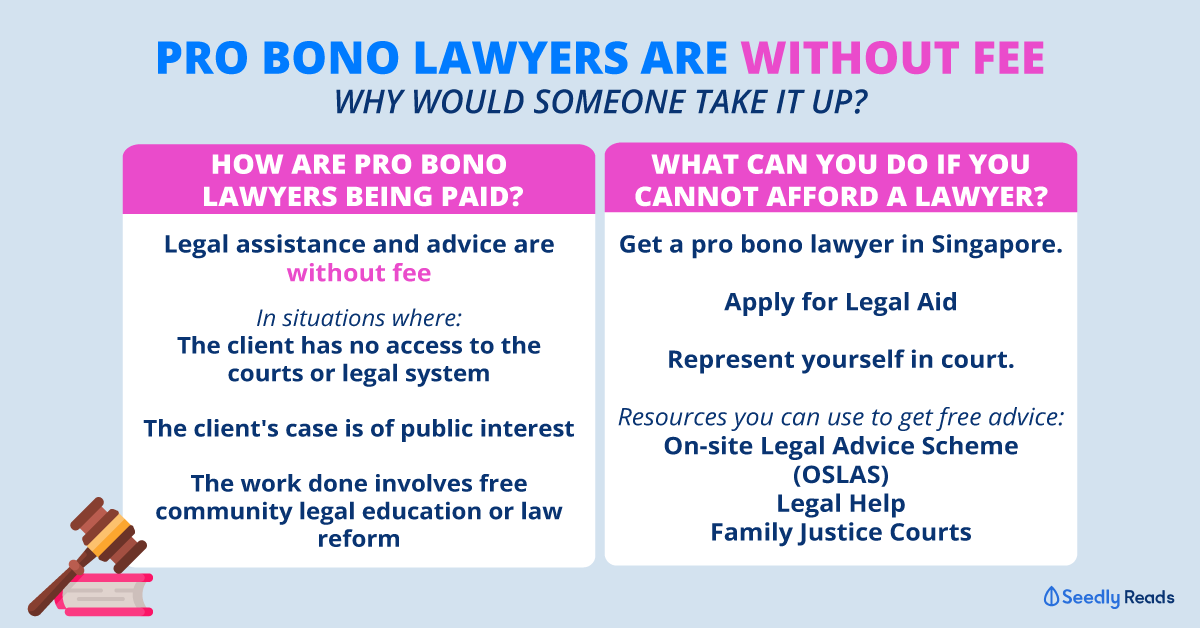Advertisement
Anonymous
Thinking of surrendering my whole life (6k sunken cost, no cash value) to get a term life of similar coverage. Only pro I can think for holding on would be the lifelong CI coverage. Any advice?
7
Discussion (7)
Learn how to style your text
Reply
Save
If you hold any critical illness or early critical illness plan, it makes little sense to go term unless you only wish for a 10-20 year coverage. It would cost more numerically to obtain an identical coverage through term insurance at unfavorable conditions as compared to a whole life cover.
Reply
Save
Elijah Lee
21 Jun 2020
Senior Financial Services Manager at Phillip Securities (Jurong East)
Hi anon,
I do not know your profile, but for CI cover, whole life plans will almost always be more cost effective than a term plan. To truly match a term plan to a whole life for CI cover, you will need to run a term plan till 99, and the premiums simply don't justify it.
Yes, premiums for a whole life might be higher by a couple of hundreds on a yearly basis, but you probably pay only 20-25 years as opposed to every single year on a term. In this case, Whole Life has a strong case going for it when it comes to CI cover.
Additionally, the cash value and bonuses of a whole life serve to increase the payout in the later years, which is a kind of natural hedge against inflation. Term payouts are flat, regardless of when you claim.
About the only thing going for term ECI is that it's generally cheaper on a per year basis, but in the long run, you'll likely pay more.
Reply
Save
Pang Zhe Liang
21 Jun 2020
Lead of Research & Solutions at Havend Pte Ltd
It depends on your needs and how you intend to plan for your future. When a crisis occur and you cannot pay for the policy, it is likely that you can stay insured while being on a policy loan for a whole life insurance policy.
More Details:
Insurance Policy Loan Singapore: How does it work
On the other hand, your term policy will lapse immediately and you don't have anymore coverage. The ability to reinstate or apply for a new cover will depend on your health then.
Based on the above, this is another reason for you to consider a whole life insurance policy. Despite that, you should spend quality time to decide how you want to plan for your future. Thereafter, speak with your agent to evaluate on whether the plan makes sense, and how it may work for you.
I share quality content on estate planning and financial planning here.
Reply
Save
Nigel Tan
20 Jun 2020
Executive Senior Financial Planner at Great Eastern Life
Think of whole life insurance as buying your own house and living in it while term insurance would b...
Read 3 other comments with a Seedly account
You will also enjoy exclusive benefits and get access to members only features.
Sign up or login with an email here
Write your thoughts
Related Articles
Related Posts
Related Products

FWD Term Life Plus Insurance
4.8
10 Reviews
FWD Term Life Plus Insurance (Renewable Term)
$1,500,000
MAX SUM ASSURED
5 years
PREMIUM TERM
Death, Terminal Illness
COVERAGE

Tiq DIRECT - Etiqa Term Life Insurance
4.3
3 Reviews

Great Eastern GoGreat Term Life Insurance
5.0
1 Reviews
Related Posts
Advertisement







I had the same dilemma as you. I had approached many for advice and ended up surrendering my whole life plan for a term insurance.
Some of the points that you might want to consider:
Depending on your whole life insurance plan, when you hit an age of around 60/70, the coverage only drops to the minimum amount (which is the amount you put in). You can check on this!
With the money that’s saved from buying term, are you going to invest? If you’re confident that you can set aside some money for CI coverage by 60+, term might be better for you.
For me,
The term insurance that I got was 1/5 of the price, and gave me around double the coverage till about 60+. With the money I’ve saved, I’m going to invest and thus I’m confident to be able to have the same amount (or more) set aside when my plan ends.